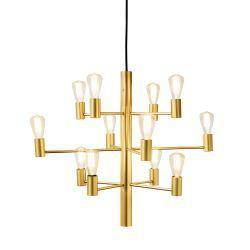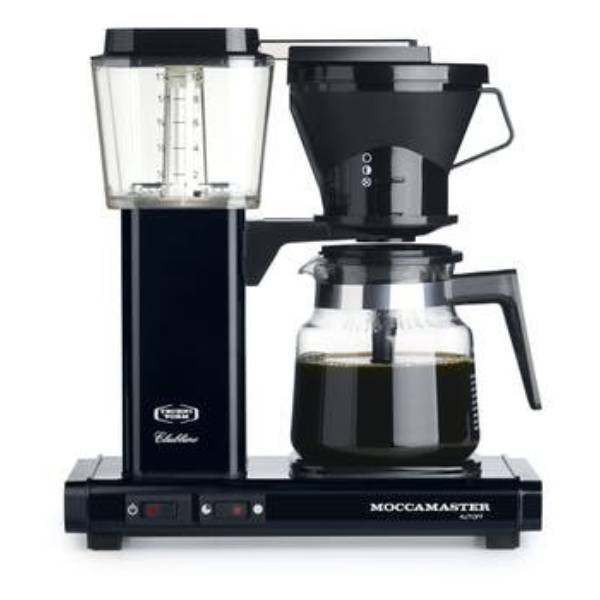Blenders
Blowtorches
Breadmakers
Coffee Grinders
Coffee Makers
Deep fryers & Airfryers
Food Cookers
Food Dehydrators
Food Mixers & Food Processors
Hand Blenders
Hand Mixers
Ice Cream Makers
Ice Makers
Juicers
Kettles
Kitchen Scales
Meat Slicers
Mincers
Mini Choppers & Spiralisers
Other Kitchen Appliances
Pasta Makers
Popcorn Makers
Sandwich Toasters
Soft Drink Makers
Toasters
Vacuum Sealers
Waffle Makers
GeForce RTX 4090 Graphics Cards
Are you on the hunt for the right graphics card? GeForce RTX 4090 graphics cards are a great choice for gaming or design. PriceRunner lists a wide range of options to help you find the best fit for your needs. Use our category filters to narrow down your choices based on brand, price, or specific features. This makes it easy to compare different GeForce RTX 4090 graphics cards side-by-side. You can also read user reviews to get real insights into performance and reliability. With our up-to-date listings, you can ensure you’re getting the best deal available. We are here to guide you in making the right decision without any hassle. Ready to upgrade your graphics card? Start here and explore the selection of GeForce RTX 4090 graphics cards to find the one that suits you best.
Try flexible payments withLearn how
9 products
Unleash gaming power: Choosing the right graphics card
When it comes to gaming, the graphics card is the heart of your setup. The GeForce RTX 4090 is a standout choice for those seeking top-tier performance. With its 24 GB memory, this card tackles demanding games with ease. PriceRunner helps you navigate the options, allowing you to compare prices, check reviews, and find the right card for your needs.
Leading brands
Several brands offer their own versions of the RTX 4090, each bringing unique features to the table. Here are some popular options:
-
MSI is known for its robust cooling solutions and overclocking capabilities. Their cards often feature custom designs that enhance performance and durability.
-
Zotac offers compact designs without compromising on power. They are a good choice for those with smaller cases but still want high performance.
-
Gigabyte provides cards with excellent cooling and innovative features. Their models often include RGB lighting for a stylish touch.
-
ASUS is a favourite among gamers for its reliability and performance. ASUS cards often come with advanced cooling and customisable settings.
Key features to consider
When choosing a graphics card, several factors come into play. Here are some key features to look for:
Cooling solutions: Efficient cooling is crucial for maintaining performance. Look for cards with multiple fans or liquid cooling options to keep temperatures in check during intense gaming sessions.
Overclocking potential: For those who want to push their card to the limits, overclocking capabilities are important. Some brands offer software that makes it easy to tweak settings and boost performance.
Connectivity options: Ensure the card has the ports you need for your setup. HDMI, DisplayPort, and USB-C are common connections to consider.
Size and compatibility: Check the dimensions of the card to ensure it fits in your case. Some models are bulkier than others, so it's important to measure before buying.
Memory and performance
The RTX 4090's 24 GB memory is a major selling point. This allows for smooth gameplay at high resolutions and supports advanced features like ray tracing and AI-enhanced graphics. Whether you're playing the latest AAA titles or diving into VR experiences, this card delivers stunning visuals and fast performance.
Why choose the RTX 4090?
The GeForce RTX 4090 is designed for gamers who demand the best. Its powerful specs make it ideal for 4K gaming and beyond. With support for cutting-edge technologies, it provides a future-proof solution for gaming enthusiasts.
Make your decision with PriceRunner
Choosing the right graphics card can be overwhelming, but PriceRunner makes it easier. Compare prices, read user reviews, and set price alerts to ensure you get the best deal. Whether you're considering the MSI, Zotac, Gigabyte, or ASUS version, we have all the information you need to make the right choice.
Start your search today and find the perfect graphics card to elevate your gaming experience.
Popular searches in Graphics Cards
- Rtx 5090
- Rtx 5070 ti
- Rtx 5060 ti 16gb
- Rtx 5080
- Rtx 4080 super
- Amd radeon 9070 xt
- Radeon 9060 xt 16gb
- Nvidia rtx 5060
- Rx 7900 xtx
- Rtx 5060
- Rtx 4080 16gb
- Amd rx 9070
- Nvidia rtx 5070
- Rx 9070
- Geforce rtx 5070
- Amd rx 7800 xt
- Intel arc b580
- Rtx 5060 ti
- Nvidia geforce rtx 5070
- 5070 ti
- GeForce RTX 5070 Ti Graphics Cards
- GeForce RTX 5080 Graphics Cards
- GeForce RTX 5090 Graphics Cards
- GeForce RTX 4070 Super Graphics Cards
- Radeon RX 9070 XT Graphics Cards
- GeForce RTX 4070 Ti Super Graphics Cards
- Radeon RX 7800 XT Graphics Cards
- GeForce RTX 4080 Super Graphics Cards
- Radeon RX 7700 XT Graphics Cards
- GeForce RTX 4060 Graphics Cards
- GeForce RTX 3070 Graphics Cards
- GeForce RTX 3060 Ti Graphics Cards
- Radeon RX 9070 Graphics Cards
- Graphics Cards on sale
- 16 GB Graphics Cards
- GeForce RTX 3090 Graphics Cards
- GeForce RTX 5070 Graphics Cards
- GeForce RTX 3080 Graphics Cards
- Radeon RX 7900 XTX Graphics Cards
- GeForce RTX 4060 Ti Graphics Cards

















